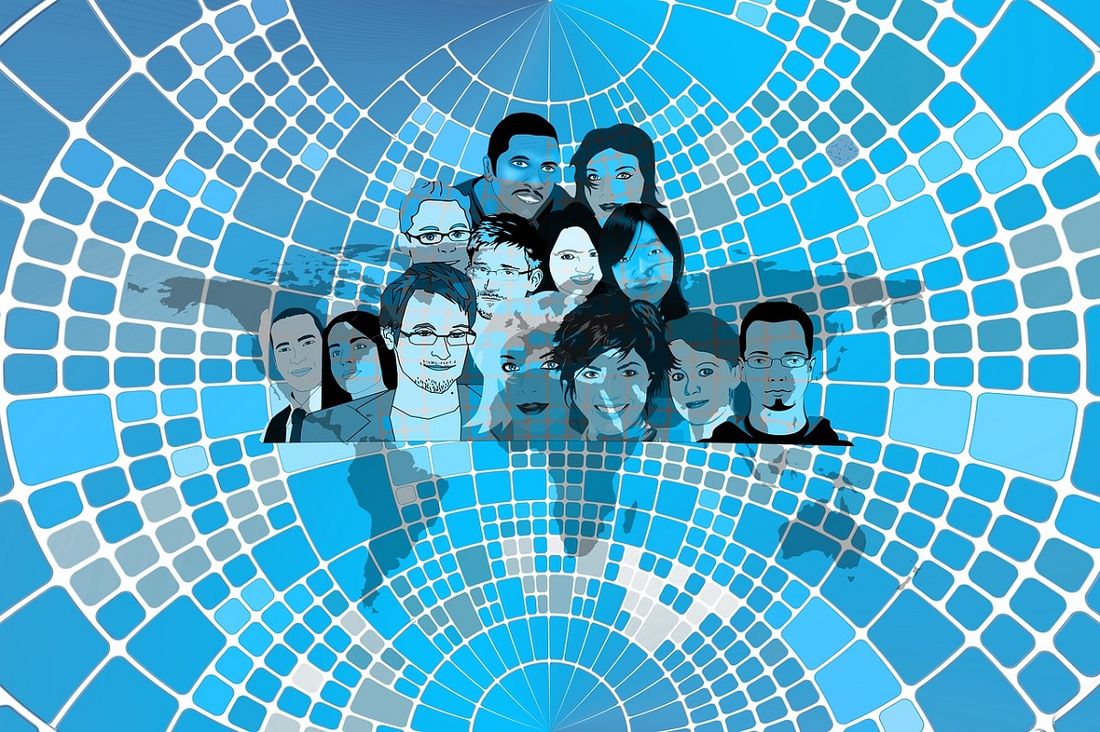The Theory of Multiple Intelligences, proposed by Howard Gardner in 1983, suggests that there are many different types of intelligence, including musical, mathematical, spatial, visual, kinesthetic, linguistic, intrapersonal and interpersonal intelligence.
Often, there is so much emphasis on academic intelligence. However, academic excellence, degrees and awards may not be good indicators of a person’s ability.
Interpersonal intelligence is just as important!
Why?
Interpersonal intelligence – also known as being “people smart” – is a skill that is useful in a variety of different personal and professional situations… at home, in workplace and in social settings.
We ALL use interpersonal skills every day. Without good interpersonal skills it is much more difficult time to develop other important life skills.
People who have highly developed interpersonal intelligence are…
- Attuned to other people
- Good at “reading” and understanding people
- Skilled at negotiating conflict using diplomacy and tact
- Approachable
- Good at reading both verbal and non-verbal cues
- Relaxed and have a natural ability to get on well with others
- Mentally and emotionally strong
- Good listeners
- Flexible and resilient
- Good at relating to and understanding the motives and actions of others
They are able to…
- Build positive and effective relationships
- Relate to a wide group of individuals
- Motivate others into action
- See a situation from another person’s perspective
- Work well with others
- Understand others’ feelings and motives
- Influence others in a positive way
- Give feedback in a constructive manner
How “people smart” are YOU? Looking for ways to strengthen your interpersonal intelligence and become “people smart”?
Here are some tips to get you started:
- Practise putting yourself in someone else’s shoes. Try and see things from their perspective
- Tailor your approach to suit the situation and individual
- Practise active listening
- Have a positive attitude
- Control your emotions, especially in stressful situations
- Complain less and appreciate more
- When interacting with people you don’t like, adopt a neutral attitude
- Develop the habit of self-reflection
It's really smart to become… people smart!

Eila Mikkonen
Counsellor, Coach & Mental Fitness Facilitator


